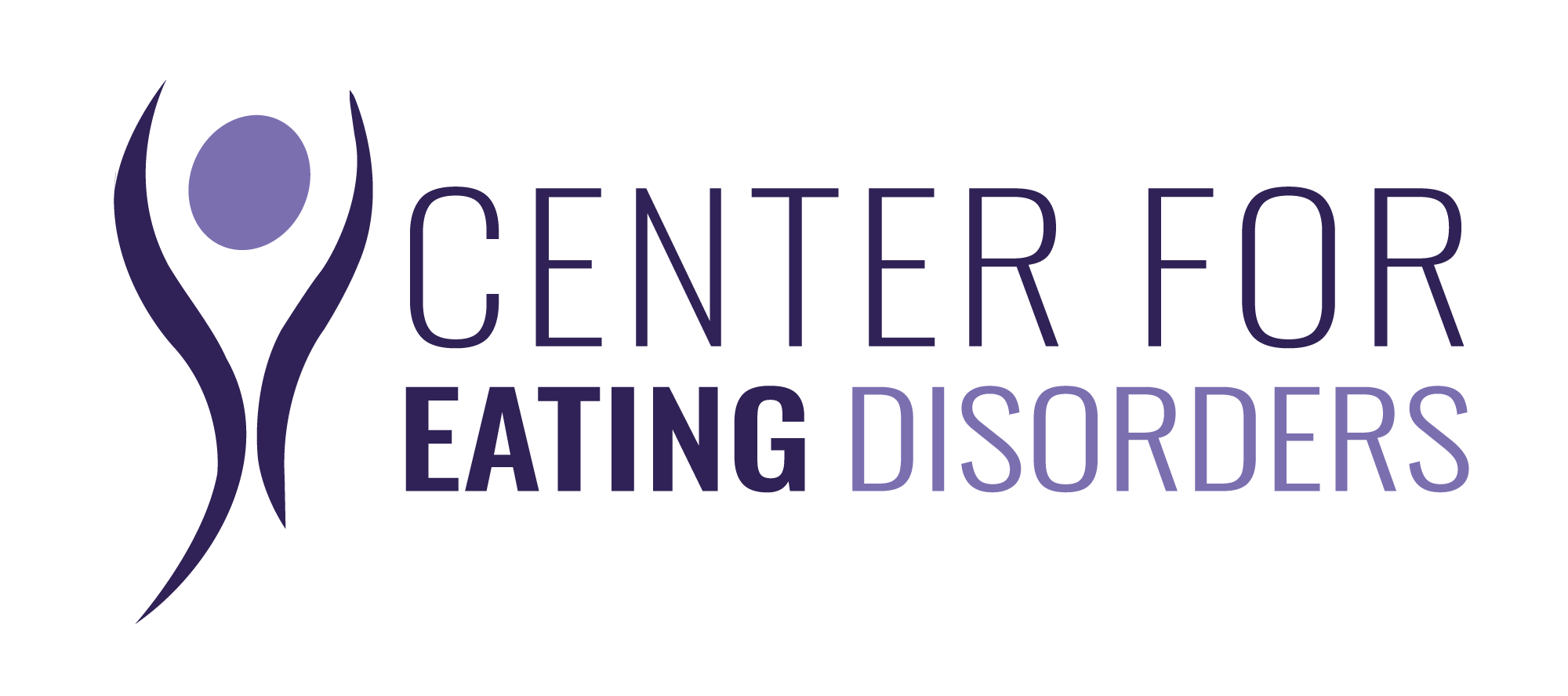Test for eating disorders
Test for eating disorders
The range of eating disorders is great. Eating disorders develop over a long time but merely shows you a tendency, so that it is not easy for the person affected and also for his relatives to recognize a beginning or already existing disease. The following test can give you an initial indication of whether you have an eating disorder or if you have already developed symptoms of an eating disorder.
Please note: This test can not replace the diagnosis by an expert, but merely show you a tendency.
Please read the questions carefully and tick those statements that apply to you:

Time’s up
Test for eating disorders: a first step
Eating disorders are complex mental illnesses characterised by a persistent obsession with food and body weight. They profoundly affect how sufferers perceive and consume food, distorting the normal functions of eating – as a biological need, social activity or source of pleasure. Instead, food intake is often accompanied by strong emotions, including panic, anxiety, greed or fear of losing control.
An eating disorder test plays an important role in diagnosis and treatment. Such tests may include questionnaires, clinical interviews and physical examinations to determine the presence and severity of an eating disorder. It is important to emphasise that only a medical specialist can make an accurate diagnosis.
However, early detection and professional treatment are crucial. Therapeutic approaches can include nutritional counselling, psychotherapy and, in some cases, medication. The aim is to restore healthy eating behaviour and address the underlying psychological issues.
For more information and support with eating disorders, please get in touch.

